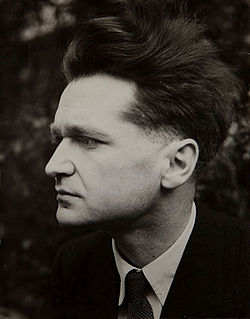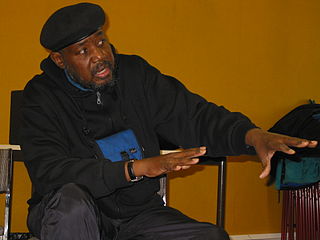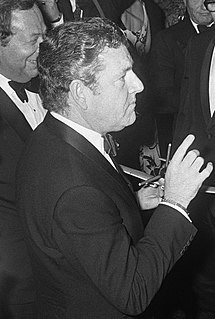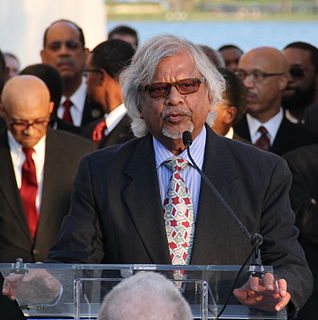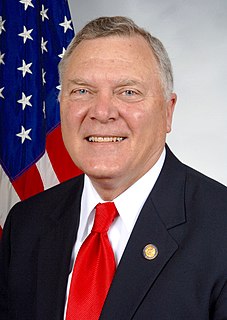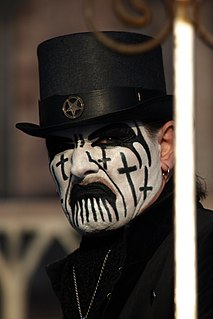Top 1200 Life Philosophy Quotes & Sayings
Explore popular Life Philosophy quotes.
Last updated on April 14, 2025.
In Philosophy, the contemplations of man do either penetrate unto God, or are circumferred to Nature, or are reflected and reverted upon himself. Out of which several inquiries there do arise three knowledges, Divine Philosophy, Natural Philosophy, and Human Philosophy or Humanity. For all things are marked and stamped with this triple character of the power of God, the difference of Nature and the use of Man.
Ever since men became capable of free speculation, their actions, in innumerable important respects, have depended upon their theories as to the world and human life, as to what is good and what is evil. This is true in the present day as at any former time. To understand an age or a nation, we must understand its philosophy, and to understand its philosophy we must ourselves be in some degree philosophers. There is here a reciprocal causation: the circumstances of men s lives do much to determine their philosophy, but, conversely, their philosophy does much to determine their circumstances.
The adjective "political" in "political philosophy" designates not so much the subject matter as a manner of treatment; from this point of view, I say, "political philosophy" means primarily not the philosophic study of politics, but the political, or popular, treatment of philosophy, or the political introduction to philosophy the attempt to lead qualified citizens, or rather their qualified sons, from the political life to the philosophic life.
I would say to anybody who thinks that all the problems in philosophy can be translated into empirically verifiable answers - whether it be a Lawrence Krauss thinking that physics is rendering philosophy obsolete or a Sam Harris thinking that neuroscience is rendering moral philosophy obsolete - that it takes an awful lot of philosophy - philosophy of science in the first case, moral philosophy in the second - even to demonstrate the relevance of these empirical sciences.
Philosophy aims at the logical clarification of thoughts. Philosophy is not a body of doctrine but an activity. A philosophical work consists essentially of elucidations. Philosophy does not result in 'philosophical propositions', but rather in the clarification of propositions. Without philosophy thoughts are, as it were, cloudy and indistinct: its task is to make them clear and to give them sharp boundaries.
When people ask me what philosophy is, I say philosophy is what you do when
you don't know what the right questions are yet. Once you get the questions
right, then you go answer them, and that's typically not philosophy, that's
one science or another. Anywhere in life where you find that people aren't
quite sure what the right questions to ask are, what they're doing, then,
is philosophy.
The way forward does not lie in amateur and comically timeless linguistic sociology which takes 'forms of life ' for granted (and this is what philosophy has been recently), but in the systematic study of forms of life which does not take them for granted at all. It hardly matters whether such an inquiry is called philosophy or sociology.
My father was a very tough guy with me and my brothers. He wanted to teach us a lot of discipline and life philosophy. As I became more interested in martial arts, he started teaching a lot of fighting philosophy and karate philosophy. While he was a tough father, he also knew when to be sweet and show a softer side.
I don't know whether I can say that having a career in philosophy has turned out as I imagined, since in many ways I had little idea of what such a life would be like. But philosophy is still tremendously exciting to me, and the opportunity to think, and talk, and write about these issues has been wonderful.
Above all else, philosophy ought to aim for clarification - of the self, one's place in the world, and the ways we make meaning. Philosophy, when practiced well, can be useful. It can enable us to grapple in productive ways with questions about the meaning of life and who I am and how I want to be in the world.
Satyagraha is the pursuit of truth. My grandfather believed that truth should be the cornerstone of everybody's life and that we must dedicate our lives to pursuing truth, to finding out the truth in our lives. And so his entire philosophy was the philosophy of life. It was not just a philosophy for conflict resolution, but something that we have to imbibe in our life and live it all the time so that we can improve and become better human beings.
I drifted into a career in academic philosophy because I couldn't see anything outside the academy that looked to be anything other than drudgery. But I wouldn't say I 'became a philosopher' until an early mid-life crisis forced me to confront the fact that, while 'philosophy' means 'love of wisdom', and 'wisdom' is the knowledge of how to live well, the analytic philosophy in which I had been trained seemed to have nothing to do with life.
One of the things I want to do in the book is to explore how philosophy can be done in literature. I start doing that in the first chapter, by introducing the idea of "philosophy by showing". What literature/philosophy shows is how to look at some important facets of life in a new way, thus changing the frame in which subsequent philosophical argument proceeds.
When one begins to reflect on philosophy—then philosophy seems to us to be everything, like God, and love. It is a mystical, highly potent, penetrating idea—which ceaselessly drives us inward in all directions. The decision to do philosophy—to seek philosophy is the act of self-liberation—the thrust toward ourselves.
There is a truth in Schopenhauer’s view that philosophy is an organism, and that a book on philosophy, with a beginning and end, is a sort of contradiction. ... In philosophy matters are not simple enough for us to say ‘Let’s get a rough idea’, for we do not know the country except by knowing the connections between the roads.
...there ... remains a huge following [of Ayn Rand's philosophy] of those who ignore the indiscretions, infidelities, and moral inconsistencies of the founder and focus instead on the positive aspects of her philosophy. There is much in it to admire, if you do not have to accept the whole package... Criticism of the founder or followers of a philosophy does not, by itself, constitute a negation of any part of the philosophy... Criticism of part of a philosophy does not gainsay the whole.
When I got to college, I planned to be a math major, and, in addition to signing up for some math courses, I decided to take some philosophy. Quite by chance, I took a philosophy of science course in which the entire semester was devoted to reading Locke's Essay. I was hooked. For the next few semesters, I took nothing but philosophy and math courses, and it wasn't long before I realised that it was the philosophy that really moved me.
BERTRAND RUSSELL, The Philosophy of Logical Atomism We've associated that word philosophy with academic study that in its own way has gotten so far beyond the layman that if you read contemporary philosophy you've no clue, because it's almost become math. And it's odd that if you don't do that and you call yourself a philosopher that you always get 'homespun' attached to it.
One can delineate the domain of philosophy however one likes, but in its search for truth, philosophy is always concerned with human existence. Authentic philosophizing refuses to remain at the stage of knowledge […]. Care for human existence and its truth makes philosophy a 'practical science' in the deepest sense, and it also leads philosophy—and this is the crucial point—into the concrete distress of human existence.
Philosophy is the science of estimating values. The superiority of any state or substance over another is determined by philosophy. By assigning a position of primary importance to what remains when all that is secondary has been removed, philosophy thus becomes the true index of priority or emphasis in the realm of speculative thought.
My social philosophy may be said to be enshrined in three words: liberty, equality and fraternity. Let no one, however, say that I have borrowed by philosophy from the French Revolution. I have not. My philosophy has roots in religion and not in political science. I have derived them from the teachings of my Master, the Buddha.
Consciously or unconsciously, most theists see in gods and devils, heaven and hell, reward and punishment, a whip to lash the people into obedience, meekness and contentment.... The philosophy of atheism expresses the expansion and growth of the human mind. The philosophy of theism, if we can call it a philosophy, is static and fixed.
Philosophy - reduced, as we have seen, to philosophical discourse - develops from this point on in a different atmosphere and environment from that of ancient philosophy. In modern university philosophy, philosophy is obviously no longer a way of life, or a form of life - unless it be the form of life of a professor of philosophy.
A writer must always try to have a philosophy and he should also have a psychology and a philology and many other things. Without a philosophy and a psychology and all these various other things he is not really worthy of being called a writer. I agree with Kant and Schopenhauer and Plato and Spinoza and that is quite enough to be called a philosophy. But then of course a philosophy is not the same thing as a style.
One day, I found this book at a used bookstore with 'Satanic Bible' written on the cover, and I thought maybe I should read it and see what it is. I thought it was like a religion, but then I read the book, and what was in it was pure life philosophy - and it was a life philosophy that described how I felt at that point.


